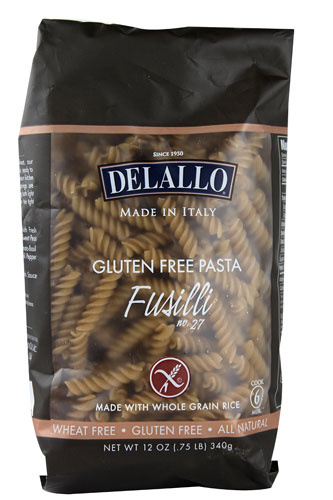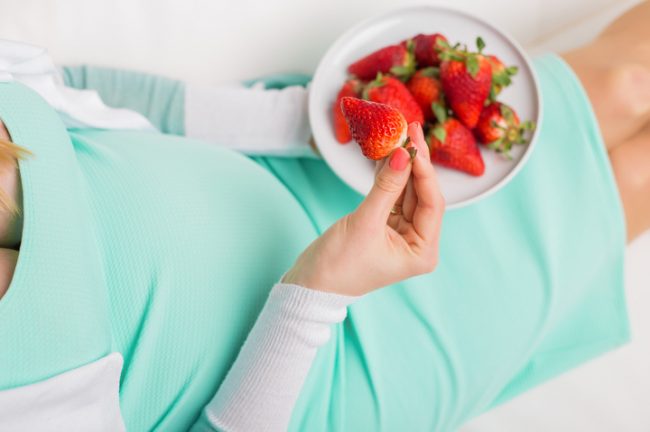You’re expecting. And you're vegan. Congratulations! You can stop worrying. A vegan pregnancy is not only possible, it can be perfectly healthy, thanks to the abundance of vitamins, minerals and other essential nutrients supplied by a nutritious plant-based diet. Eating for two – no matter which type of diet you follow – requires some changes. To be sure you’re getting everything you (and your little sprout!) need, focus on filling your plate with the following foods for the next nine months.
Go for grains
If you’re vegan, you probably already eat plenty of whole grains. Bread, pasta and other foods made from grains provide key nutrients to support overall health. What you may not have known is that the B vitamins in whole grains also help ensure healthy nervous system development during gestation. Found in fortified grains such as cereal, folate or folic acid reduces baby’s risk of neural tube defects such as spina bifida and anencephaly. Another benefit of grains, such as oatmeal – a natural source of selenium – is to supply antioxidants, which promote immune health to help fight illness throughout pregnancy.
Pile on the protein
Vegan protein sources can easily provide the daily recommended 71 grams needed to support healthy fetal growth. Bean and lentils provide iron, a crucial mineral during pregnancy that carries oxygen in the blood. Plant proteins are considered non-heme iron sources, so be sure to pair them with foods high in vitamin C to promote iron absorption and avoid deficiency.
Veg out
High in vitamins A and C, potassium, fiber, and folic acid, fruits and vegetables are well-known powerhouses of nutrition. Potassium specifically can help maintain fluid balance, keep blood pressure stable and help prevent muscle cramps. Aim to eat all the colors of the rainbow weekly and at least 2 cups of fruit and 2½ to 3 cups of vegetables each day.
Consider calcium
High-calcium vegan foods such as fortified plant-based milks, soy products (such as tofu) and leafy greens are important for the baby’s teeth and bone health. The daily recommended amount of calcium for women is 1,000 milligrams. Pregnant women who are vegan should be mindful about eating a variety of foods rich in calcium every day to reach that goal.
Take a prenatal supplement
Most doctors recommend a daily prenatal supplement to act as a nutritional “safety net,” and this can serve vegans well. For instance, while some plant-based foods (such as nutritional yeast) are fortified with vitamin B-12, you might find it hard to consume enough of this nutrient – which is vital for baby’s development – every day. A supplement can help ensure your intake is consistent. Another example is omega-3 fatty acids, needed for healthy brain development. If you aren’t obtaining enough through plant-based foods, such as flaxseed and walnuts, a prenatal supplement can be taken as backup.
This article was contributed by Courtney Kiang, RD, registered dietitian nutritionist with The Little Clinic (inside select Kroger locations). For more information about dietitian services, visit www.thelittleclinic.com/dietitians.




